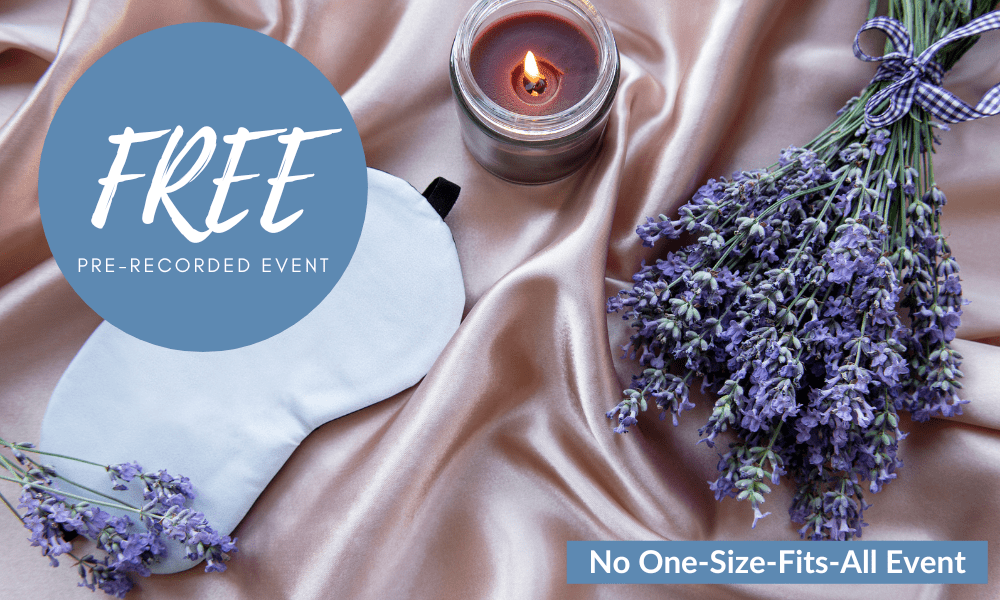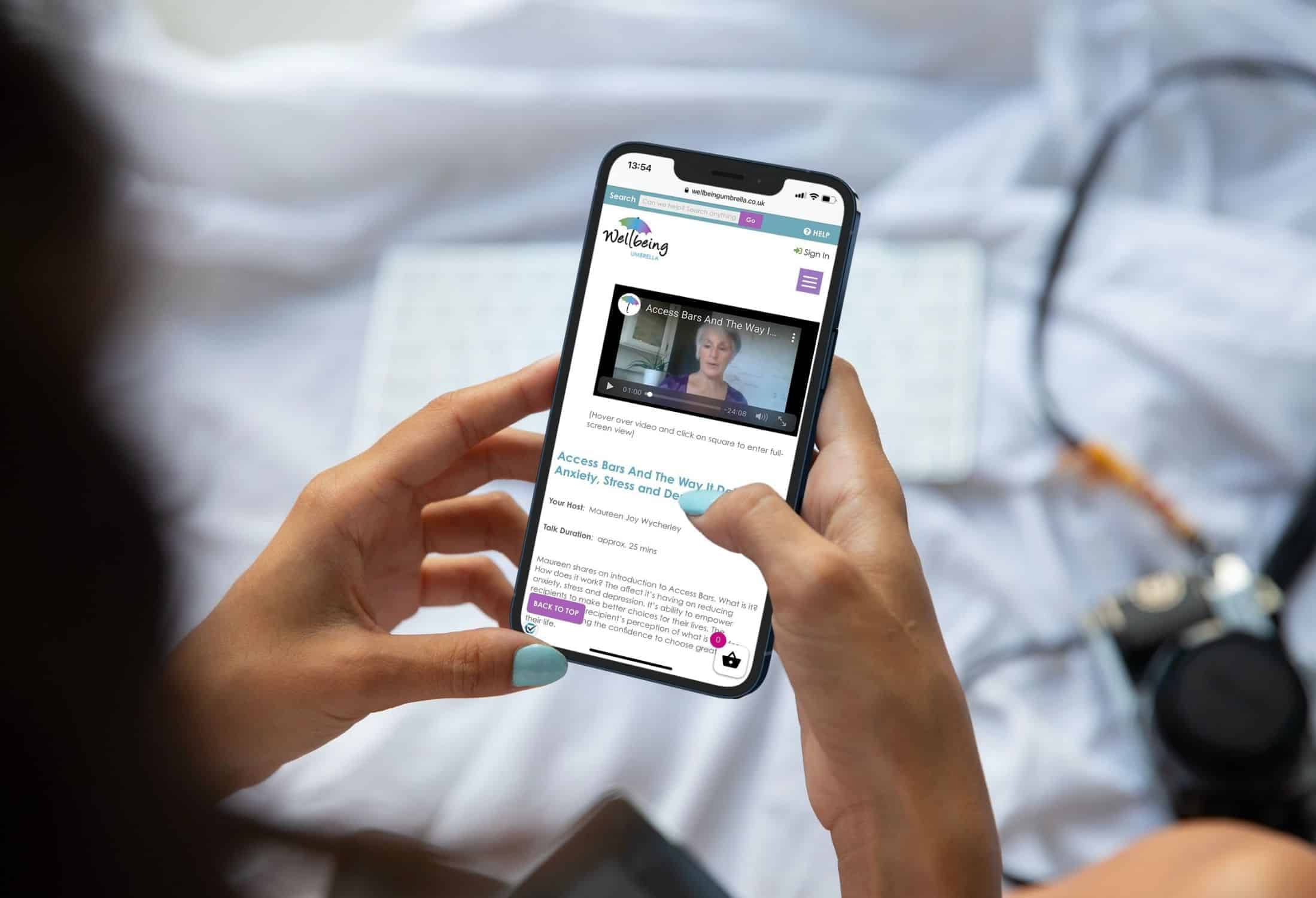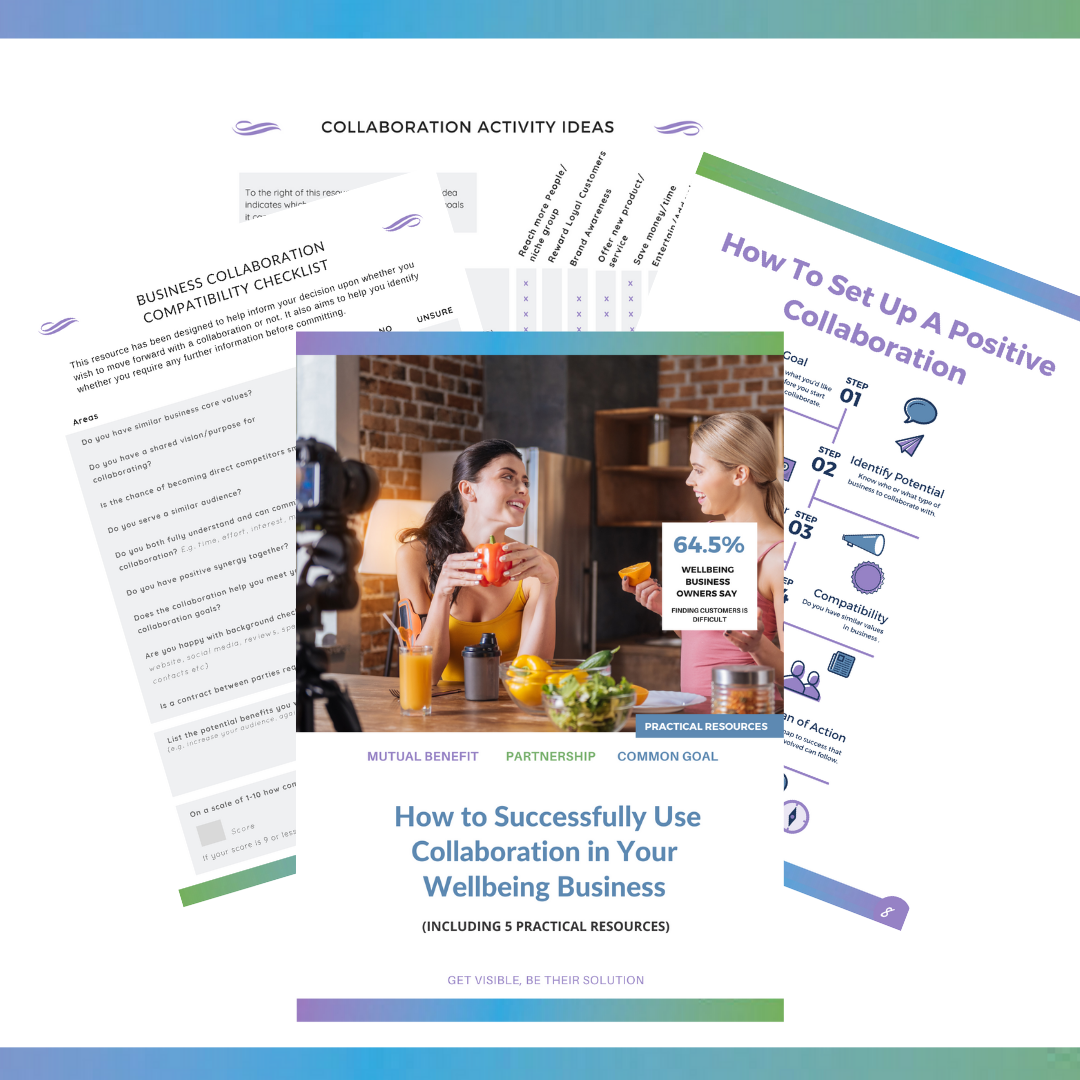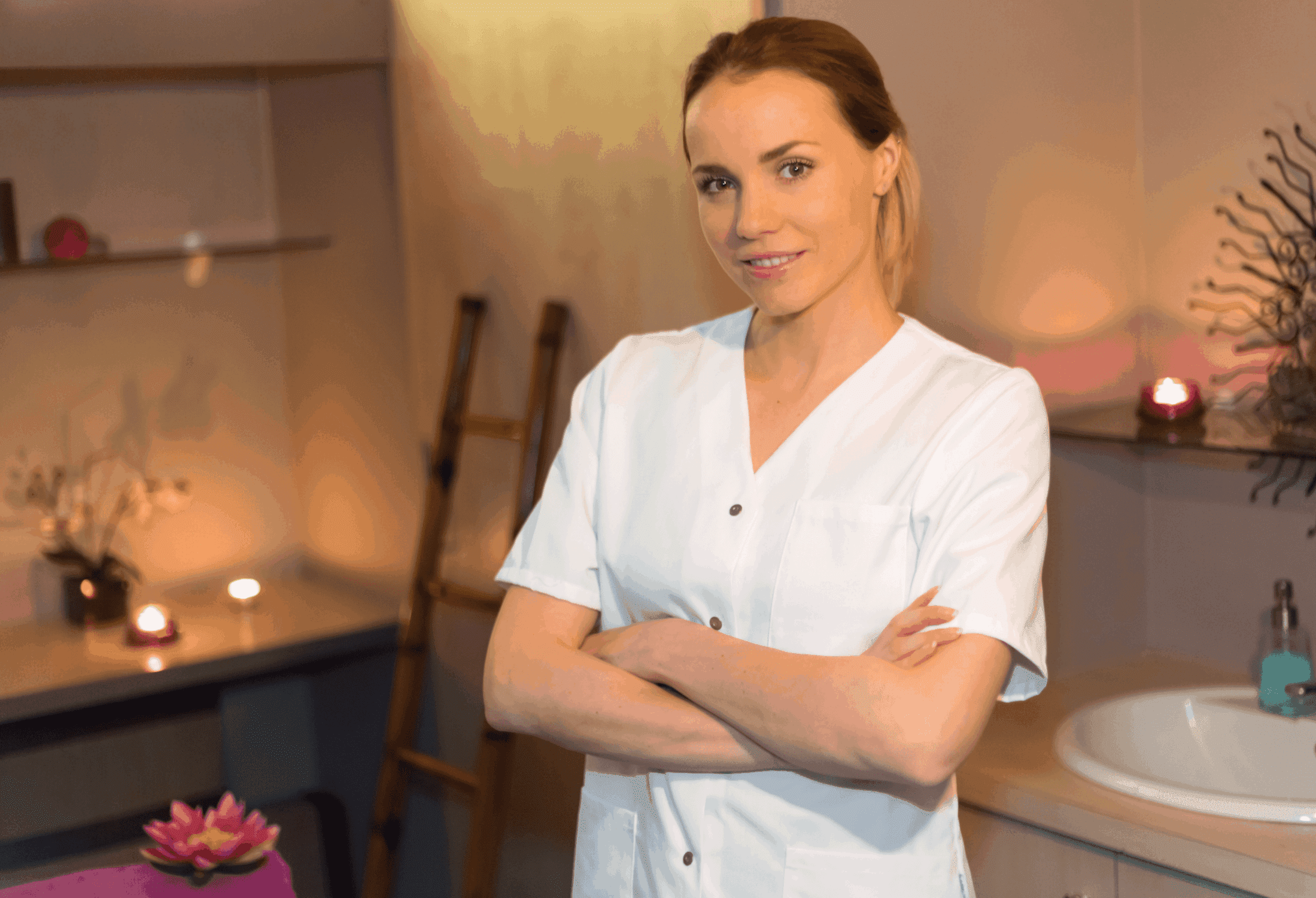Why Hypnobirthing Should Be an Essential Part of Your Birth Preparation
18th May 23
From using hypnobirthing techniques for my own births and supporting women during pregnancy for the past ten years I have both experienced first hand and heard how using hypnobirthing skills and techniques can hugely increase the chances of a positive birth and postnatal experience.
Why is hypnobirthing an important tool for birth?
A woman’s body knows how to birth a baby. Everything she needs is already inbuilt and imprinted, but fear and anxiety can derail the birthing process. When we are in fear or are stressed the hormone adrenalin comes into play. It blocks hormones that are essential for birth such as oxytocin and endorphins. It can slow labour down, making contractions more painful and reducing oxygen going to the baby. If we were out hunting and gathering like our cave woman ancestors were, then the adrenaline would work brilliantly in our favour so that we could fight a predator or run to safety to birth in a cave.
Nowadays, we don’t have to worry about too many four-legged animals roaming the labour wards, but predators can appear in many guises – a strange room, a traumatic birth story from your friend, an un-sympathetic medical professional or a TV documentary on how awful, painful or traumatic birth is.
Hypnobirthing techniques can provide birthing women with some invaluable tools to help keep the adrenaline at bay and can help in two main ways. Firstly, it can help you to remain calm and relaxed at all times, encouraging the powerful birthing hormones to do their stuff and keep adrenalin at bay. Secondly, it can help to release fear or anxiety during pregnancy and birth to help you to put trust in your body and your baby during labour.
Scientific research has shown that women who use hypnobirthing (or hypnosis for labour) have more frequent undisturbed births with less complications and less need for medical intervention. There is less request for medicated pain relief and labours are shorter.
How does it work?
Forget anything about hypnosis you have seen on TV. In this context we are using hypnosis to help us improve our wellbeing, not for entertainment, so the outcome is quite different to hypnosis for entertainment! A hypnotic state is something we all enter into several times a day – ever driven the car, arrived at your destination and can’t, for the life of you, remember how you got there? It is not the same as being asleep or unconscious and the only person who has control over the situation is you. In fact, I often call it ‘self-hypnosis’ because even through a therapist or practitioner may be guiding you, YOU are still taking yourself into that lovely relaxed deep hypnotic state.
Hypnobirthing
The way a practitioner will help you into hypnotic state is by guiding you to relax your conscious mind or focus it on one thing only, for example by focusing on breathing and relaxing all of the muscles in your body or taking you through a detailed guided visualisation.
In this deeply relaxed or ‘hypnotic’ state, the practitioner can then suggest changes to beliefs, memories or thoughts by having direct access to the subconscious mind, i.e. ‘every time you feel a contraction beginning you will feel calm and relaxed, trusting in your body’s ability to birth your baby’. If at any point you don’t want to listen anymore or be in that deeply relaxed state you will simply open your eyes and come out of it, because you are always in control of the process.
The more your subconscious mind listens to the positive suggestions the more your mind will accept them as reality, as your subconscious doesn’t know the difference between what is real or imagined so it will accept the suggestions as real every time. This means that come the birth your mind and body will know exactly how to react to the feeling of the uterus contracting because your mind thinks you have done this many times before.
Will it make labour pain-free?
To promise that labour will be pain free is mis-leading. Hypnosis can be powerful enough to reduce pain and discomfort to very low levels and for some this may be that they feel contractions very differently to others not using hypnosis and so for some they may not feel them as pain, but they will still feel them. The contractions have a physiological purpose and they are a communication system – not only do they tell us how far along we are in labour but they also send messages to the brain to produce more of the powerful labour hormones to keep the labour going in the direction it needs to and to help manage the strengthening contractions.
Hypnobirthing techniques help women to work with the contractions and help cope with the intensity of the uterine muscles contracting. Being able to recognize potential adrenaline causing situations and having the tools to deal with them certainly makes the contractions much more manageable. Many women report feeling only the slightest sensation, but it is important to ‘feel’ them happening – so that you know when you are going to give birth – so that you can get to a safe place to birth the baby.
Are there different types of ‘hypnobirthing’?
The use of hypnotherapy as a method of labour support has been around for many years, with written records dating back to the mid-1800s. Over the past 20 years the term ‘hypnobirthing’ was born as more and more realised that the link between body and mind during labour may have a bearing on the outcome of the birth. This is now a term used generically to refer to hypnotherapy for childbirth and you will find that there are a number of different hypnobirthing antenatal classes and approaches involving hypnotherapy for birth available. Some, like myself, offer hypnosis for birth as just one tool in a toolbox of non-medical mental and physical tools and techniques to help women during labour and birth.
The best advice I can give is to find a hypnobirthing practitioner that you feel comfortable with, even meet them or have a call for a chat if need be. Some fears relating to pregnancy and birth can be intimate and personal; it is crucial that you feel comfortable and relaxed so it is easier to share and resolve your fears. Also find a course that includes your birth partner. Their role during the birth is very important and it’s paramount that they know how to support you and that you have them on board with your birth plans right from the start.
Why should it be an essential part of birth preparation?
Hypnobirthing should be an essential part of every woman’s pregnancy and birth journey. Not only does it help you feel more in control during labour but it will help you to manage any pain that you may feel, reduce the use of birth interventions and increase the likelihood of you and your birth partner having a positive birth experience. When you have a good birth experience it is highly likely that will have a positive knock-on effect to the wellbeing of your newborn and your postnatal mental and physical health post birth too.
Learning hypnobirthing during pregnancy is an obvious choice, and will give you some very useful skills for life.
Disclaimer: The information contained on this Site is provided for general educational purposes only and is not intended to diagnose, treat, cure, or prevent any disease or health condition. Please consult a qualified health care professional to diagnose your health condition and prevent self-diagnosis. We do not dispense medical advice or prescribe or diagnose illness. Read full medical and health disclaimer.


























